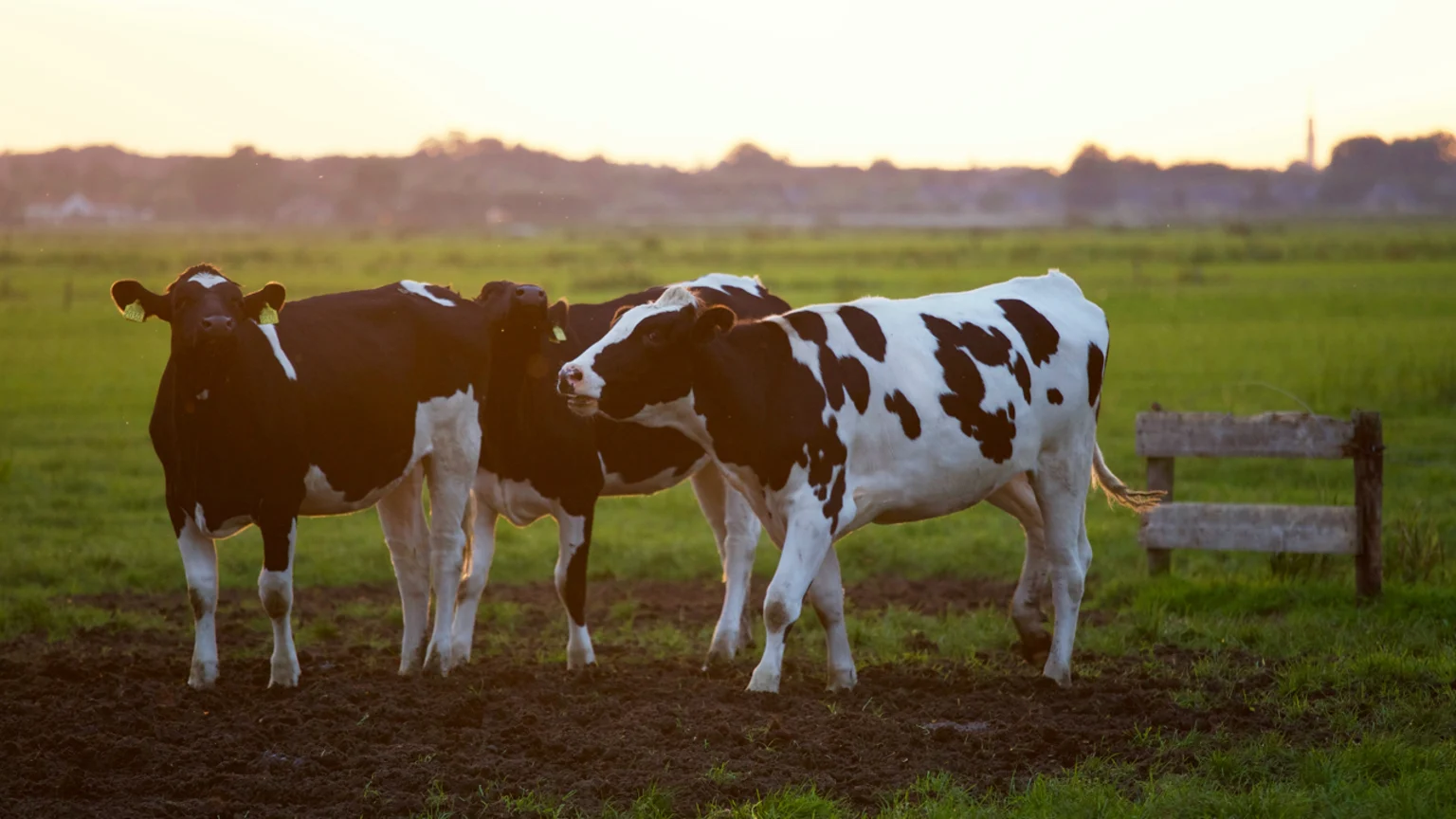Rural
Nitrogen loss takes a dive: Canterbury's dairy farms on a green streak

Published by Jayden Holmes
15 Nov 2023
In a groundbreaking revelation for the Canterbury region, a recent independent analysis of data from OverseerFM, the farm management tool championed by farmers and advisers alike, unveils a promising downward trend in nitrogen loss from dairy farms.
The report, based on 1,269 farm records, paints a vivid picture of environmentally conscious farming practices shaping the landscape.
Jill Gower, the dynamic CEO of Overseer Ltd, expresses her enthusiasm, calling the analysis a "valuable contribution to the ongoing conversation about improving farming's environmental footprint in Canterbury." This revelation couldn't come at a better time, with environmental concerns and sustainability taking centre stage globally.
The numbers tell a compelling story: a remarkable 27.5% decrease in mean nitrogen loss per hectare over the past five years, spanning from 2016-17 to 2021-22.
"OverseerFM is a crucial decision support tool providing information and insights to individual farmers and growers," Gower explains.
Now, it seems, it's making waves beyond individual farms and into the broader agricultural landscape.
Delving into the specifics, the analysis covers around 302,000 hectares of dairy production land, indicating a drop from 63.8 kg per hectare in 2016-17 to 46.2 kg per hectare in 2021-22.
"The purpose of this analysis was to establish whether Overseer could also provide a reliable source of data at a regional or sub-regional level."
The findings, indeed, validate OverseerFM's reliability in offering a holistic view.
The report also brings to light the wider regional impact, revealing an average decrease in nitrogen loss of -5.7% per year across Canterbury from 2016-17 to 2021-22. Notably, the Ashburton sub-region steals the spotlight with the most substantial reduction of -6.6% nitrogen loss per year, showcasing a commendable commitment to sustainable farming practices.
Gower addresses the scepticism head-on.
"Equally important, the data scientists found no evidence farmers were attempting to 'game' the model by manipulating their inputs. This helps give confidence in Overseer's results."
It's a testament to the integrity of the tool and the commitment of farmers to genuine sustainability.
Amidst growing environmental concerns and evolving policies, Gower points out the relevance of this data in the context of Environment Canterbury's development of a new Regional Policy Statement. She emphasises that the report provides confidence in OverseerFM's ability to shed light on how farmers are adapting their systems over time, asserting that informed farmers make positive changes for a better environmental footprint.
"It's important to keep in mind that this data measures nitrogen loss to soil on farms, not nitrogen levels in rivers."
While this analysis marks a significant stride in measuring and mitigating on-farm impacts, the broader environmental picture involves multiple variables.
In a world where sustainable practices are the need of the hour, Canterbury's dairy farms, guided by tools like OverseerFM, are showcasing a promising transformation. This isn't just a statistical analysis; it's a narrative of farmers embracing change for a greener, more sustainable future.
The full report is available on the Overseer website here.
Published by Jayden Holmes
15 Nov 2023